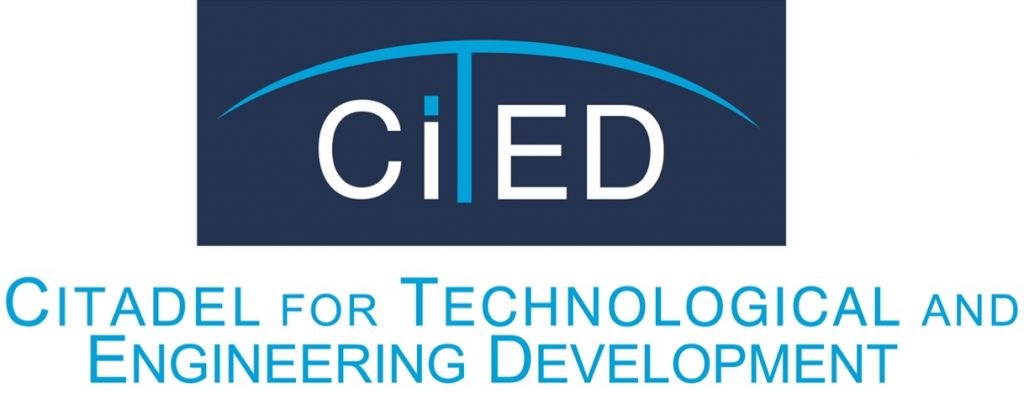This intensive 3-day training program delves into the fascinating world of downstream refining technologies. Designed for engineers, technicians, and professionals involved in the petroleum industry, this course provides a comprehensive understanding of the processes and technologies used to convert crude oil into valuable finished products like gasoline, diesel, and jet fuel.

Introduction:
This intensive 3-day training program delves into the fascinating world of downstream refining technologies. Designed for engineers, technicians, and professionals involved in the petroleum industry, this course provides a comprehensive understanding of the processes and technologies used to convert crude oil into valuable finished products like gasoline, diesel, and jet fuel.
Objectives:
- Gain a thorough understanding of the downstream refining value chain.
- Explore the key unit operations involved in crude oil processing.
- Learn about various conversion, separation, and purification technologies.
- Analyze the impact of operational parameters on product quality and yield.
- Identify emerging trends and future advancements in downstream refining.
Content:
Day 1 : Fundamentals of Downstream Refining
- Introduction to downstream refining and its global significance.
- Overview of crude oil characteristics and its composition.
- Key steps in the typical refining process: distillation, separation, conversion.
- Understanding the principles of crude oil distillation and fractionation.
Day 2: Core Refining Technologies
- Detailed exploration of conversion technologies: cracking, reforming, and hydrotreating.
- Analyzing the impact of each process on product yields and quality.
- Examining separation technologies: distillation, extraction, and adsorption.
- Optimizing operational parameters for efficient separation and product purity.
Day 3: Advanced Topics and Future Trends
- Exploring alternative feedstocks and unconventional oil sources.
- Sustainability considerations in downstream refining: energy efficiency, emissions control.
- Advanced refining technologies: catalytic cracking, isomerization, alkylation.
- The role of digitalization and automation in modern refineries.
Conclusion:
By the end of this 3-day training, participants will gain a solid understanding of the fundamental principles and diverse technologies involved in downstream refining. They will be equipped to analyze refining processes, optimize operations, and navigate the evolving landscape of this critical industry.

